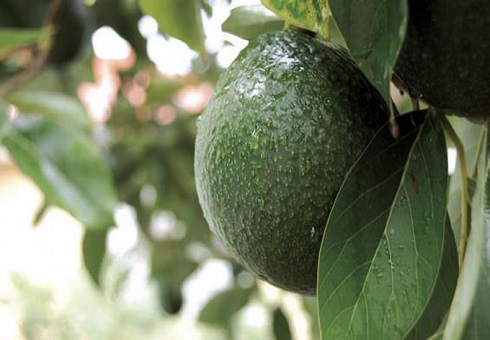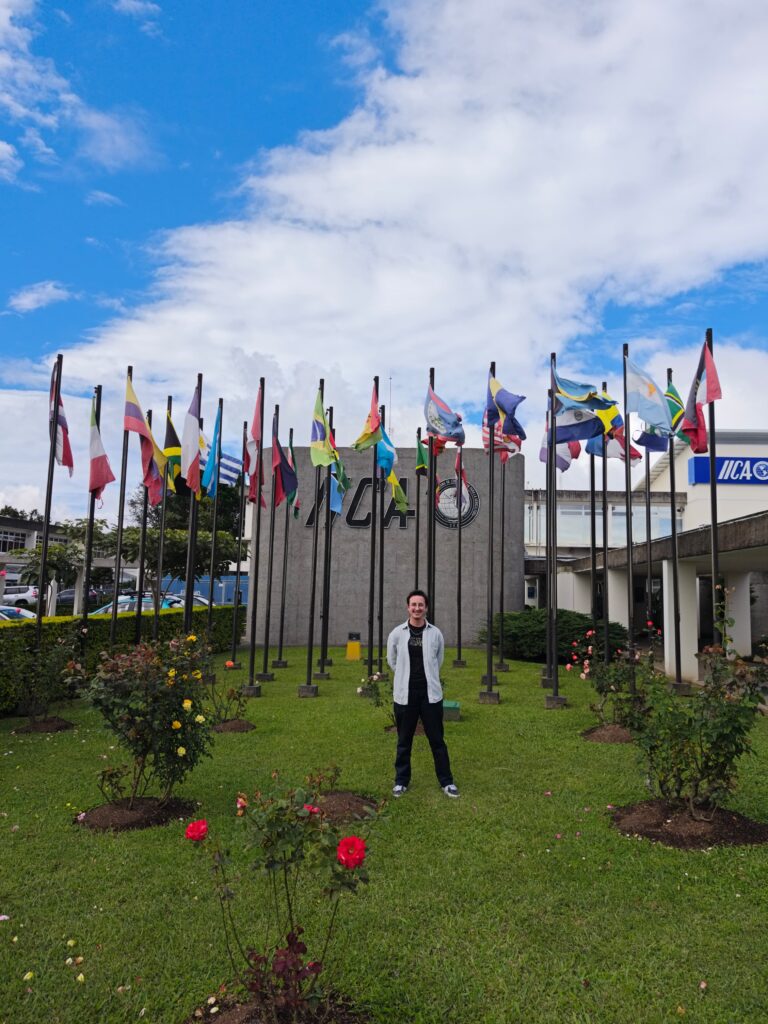

 Santo Domingo, Dominican Republic, November 2017 (IICA). The avocado is one of the main fruits produced in the Dominican Republic and it is ranked in the fourth position in the importance of fruits worldwide due to its planting area and marketing volumes. This fruit sector has great prospects of development in the international market due to the strong unmet demand in the markets of the European Union for the types of both green cultivars (Green Skin) and Hass variety.
Santo Domingo, Dominican Republic, November 2017 (IICA). The avocado is one of the main fruits produced in the Dominican Republic and it is ranked in the fourth position in the importance of fruits worldwide due to its planting area and marketing volumes. This fruit sector has great prospects of development in the international market due to the strong unmet demand in the markets of the European Union for the types of both green cultivars (Green Skin) and Hass variety.
The country has increased its avocado planting in order to meet the international demand. Such scenario allows for a potential aim of export growth as a strategy to cope with the deficit in the country’s trade balance.
The production of competing countries with the Dominican Republic remains more or less stable in recent years, which allows the country to explore the possibilities of a greater placement of the volume of Dominican products in international markets.
 Currently, one of the main strategies implemented by the Avocado Production Chain (CPA) in the country has been the identification of early harvest (Green Skin) during March-July, with a commercial potential for the local and export market. There is also cultivation of local avocado types with low oil content that can be promoted in special markets as «Light» avocado.
Currently, one of the main strategies implemented by the Avocado Production Chain (CPA) in the country has been the identification of early harvest (Green Skin) during March-July, with a commercial potential for the local and export market. There is also cultivation of local avocado types with low oil content that can be promoted in special markets as «Light» avocado.
In the Dominican Republic, the phenomenon known as the “avocado escape”, a term used in agriculture to describe the harvest in large quantities of the product, begins at the beginning of November every year. The Dominican Republic has four main areas of avocado production, and this fruit is currently ranked in the third place of American export products. There are countries such as the United Kingdom, Canada, the United States, Spain, France and Germany that become an export destination.
There are currently 21,875 hectares planted with avocados in the Dominican Republic, of which 32% are in the North region, 28% in the Southwest, 26% in the Central region and 14% in the South region. The vast majority of the avocado varieties are local.
The Dominican Republic, thanks to its different production areas, altitudes and varieties, has avocado available throughout the year. However, the Hass variety is harvested mostly between the months of September and February. Due to their situation, the times of greatest production will coincide with those of Mexico.
There are different types of avocado varieties grown in the country. The main export is the Semil 34 type, which is harvested from October to January; Hass, which is the most demanded avocado in the world and is produced in the Dominican Republic all year long (whose main destination is the United States); Popenoe, which is harvested from May to July; Simmonds, Pollock and Doctor Dupoi, which have a great acceptance in international markets. The country also grows the Carla variety, which is harvested between March and April. There are other varieties that do not have a significant importance in the markets.
The avocado, compared to products such as cocoa and coffee, is easier to cultivate since it requires less care and is less complicated to harvest.
More information: Héctor Garibaldis Pérez,
Specialist in Agribusiness











